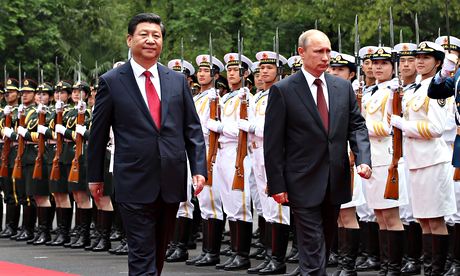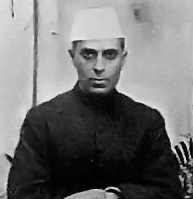The fall term is coming to an end and the results of the learning are evident right in the questions in class. Like the one in the introductory course, from Mike, who, with his usual loud voice, asked from all the way in the back row, “so, how do things get going then? How does a poor African country also get rich?”
This is, after all, the question that the world has been grappling with, particularly since the end of World War II, when newly independent countries were born with immense challenges of economic development. Mike’s genuinely interested, and yet puzzled, question is the latest along this global struggle to figure out a formula for development.
Since its independence in 1947, India has been a living laboratory to test out various hypotheses with the hope that the best solution would be found. One of those was a rather simple idea—if only the government could accelerate the process by systematically investing in modern economic activities.
That certainly was the case behind the planned industrial township of Rourkela, in the state of Orissa, which is one of the economic laggards in India—then and now. I should note here that Orissa was not always poor. Its history is rich—materially and culturally. Perhaps an easily demonstrable example, as I wrote in a column a few months ago, is the word “juggernaut” in the English language, which owes its origin to the Jagannath Temple located on Orissa’s coast along the Bay of Bengal.
It was in Rourkela, located more than a thousand miles away from his home town in southern India, that my father pretty much began his engineering career more than fifty years ago. Soon after getting married, he joined a German firm, which was advising the Indian government in the construction of one of the largest industrial projects at that time—an iron and steel factory.

India’s first prime minister, Jawaharlal Nehru, referred to modern enterprises like the Rourkela steel project as “temples of modern India.” It was more than rhetorical, in the sense that these new temples were expected to deliver tangible miracles to India’s millions. In the academic and policy language, these were “growth poles” that would catalyze economic growth in resource-rich but economically backward regions. Thanks to such initiatives, currently, Orissa accounts for, among others, about a tenth of all the steel produced in the country, and leads in the manufacturing of aluminum.
After spending the first three-plus years of married life in Rourkela, dad took up a job in yet another “temple”—this time a thermal power plant complex in Neyveli, which also, incidentally, had German advisers. The move brought my parents and my grandmother back to their “home” state of Tamil Nadu.
Post-retirement, the city of Chennai, the capital of Tamil Nadu, has been home to my parents for almost thirty years now, and the city’s sobriquet, “Detroit of India,” is an easy clue about one of its major, and fast growing, economic industries.
In contrast to states like Tamil Nadu that have surged ahead, others like Orissa always seem to be playing catch up forever, despite their tremendous natural resources. The heavy industrial progress has not been matched by comparable advancements in the rural areas, which is where nearly 85 percent of the population lives. Estimates are that of the nearly 37 million people in Orissa, about 46 percent live below the poverty line. In some parts of the state, incidence of poverty exceeds 70 percent!
It is almost as if most of the Oriyas, as the people of Orissa are referred to, are still waiting for the payoff from the massive investment in places like Rourkela. As a recent report from the United Nations’ World Food Program pointed out, “there is a major concern with the failure of that growth to translate into a somewhat proportionate reduction in poverty and malnutrition.”
Though I am disappointed that a field trip to Rourkela won’t be possible, given the more than 200 miles distance from the conference venue in Orissa’s capital city—Bhubaneshwar—at the end of it all, I hope to be able to offer a lot more to students like Mike.









